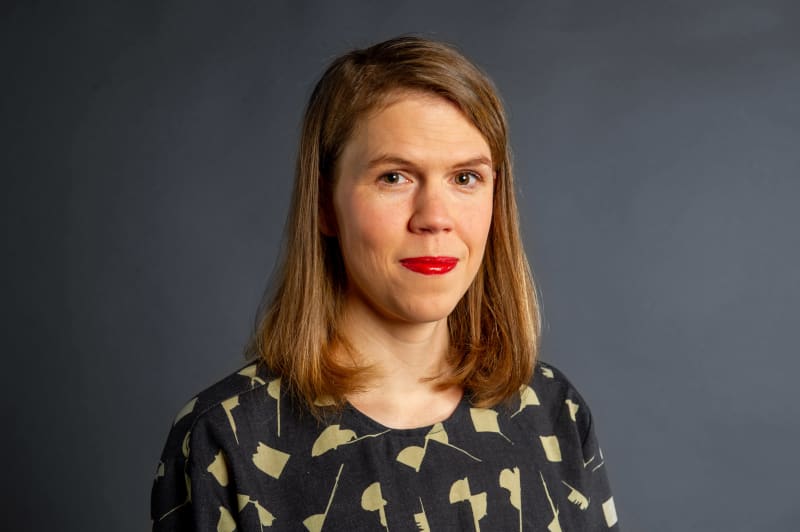
Money is still the measure of efficiency and the best way to get one’s agenda through, at least in the corporate world, writes Thurén.
I got to know a graduate engineer who works in a large international company. He said that he is most motivated in working life by situations in which he manages to save the energy of large machines or reduce emissions through various actions.
If, for example, a large process industry factory can be made to operate in such a way that it does the same work but saves even 1% of energy, the savings when scaled up are enormous. Saving is often saving both in terms of emissions and money.
The Master of Science in Engineering is also the mother of a small child, and she is interested above all in what kind of planet we leave to our children.
We started to think about whether decisions could be justified or tried to be carried through by talking directly about the environmental aspect, such as emissions, biodiversity or the climate crisis. We came to the conclusion that no. Money is still the measure of efficiency and the best way to get one’s agenda through, at least in the corporate world.
Money is a hard value, environmental issues are soft values. Environmental issues are a nice extra, but money is what makes the world go round. The more money that can be tied to environmental issues, the more good things start to happen. A good example of this is the EU’s emissions trading system.
We still think that money speaks to us and gets voters to the ballot box. However, this may be changing.
I had stereotypically expected in advance that perhaps humanists, yoga instructors, artists, biologists, perhaps a teacher would arrive. I thought that such people are interested in environmental themes. Little did I know.
There have been lawyers, family caregivers, students, people from the advertising industry and this one with a master’s degree in engineering – people from all fields, from all income categories. What unites us is that we are all parents and we are hugely worried about what the world will be like in, say, 2050 or 2080, when our children are adults.
In retrospect, it’s funny how I thought only certain types of people were interested in the environment. According to a survey conducted by Yle, 80 percent of Finns are worried about the climate crisis or the loss of nature.
In the Megatrends 2023 review recently published by Sitra, it is stated that nature’s carrying capacity is crumbling and that is humanity’s biggest problem. Against this, one could consider whether nature’s carrying capacity should not be taken as a better measure than money.
It may be that even in the future, the management of a listed company will have to justify things with money. It is the task of citizens and politicians to marry money so tightly with nature loss and the climate crisis that proposals for measures to reduce emissions or for ecological compensation are always welcomed.
*Julia Thurén*
*The author is a journalist who has written a non-fiction book about money, but still often wonders what money really is.*
The column can be discussed on 4.2. until 23:00.
